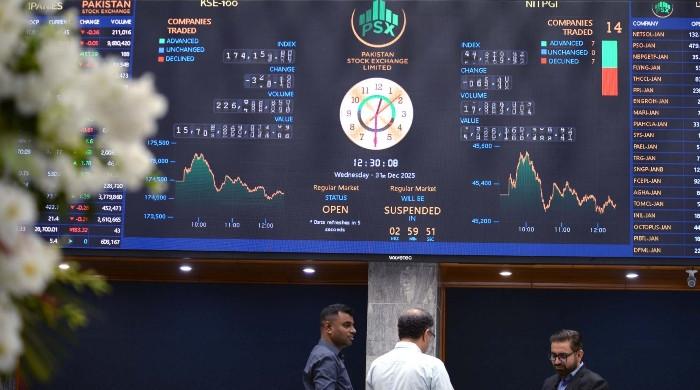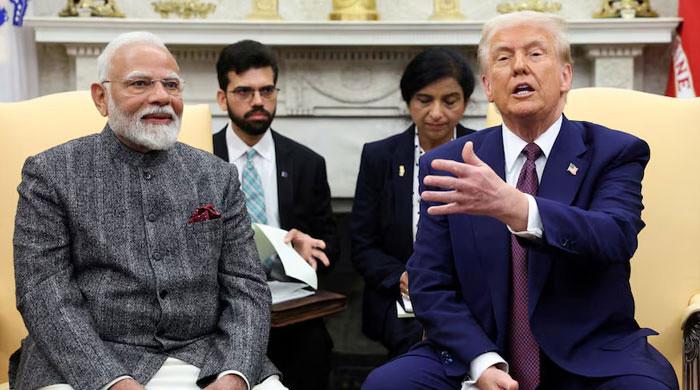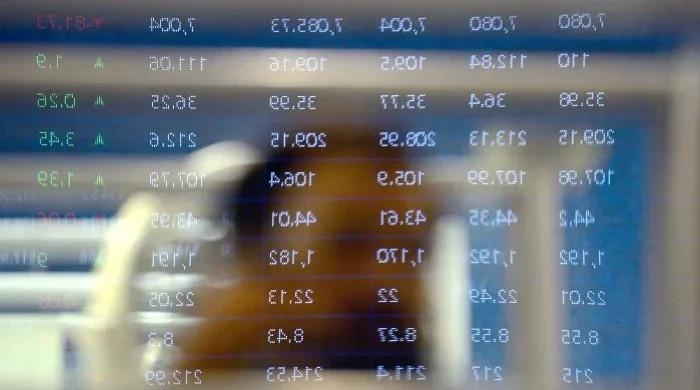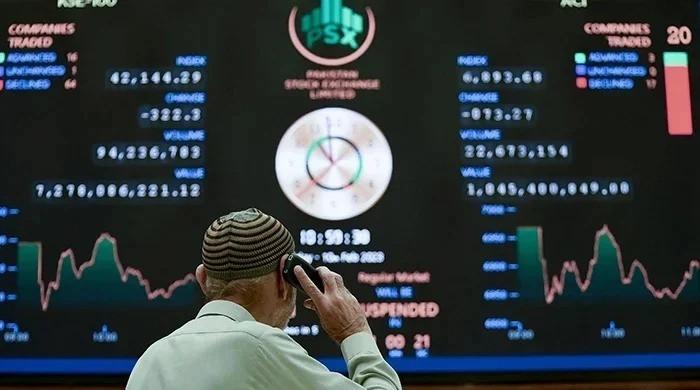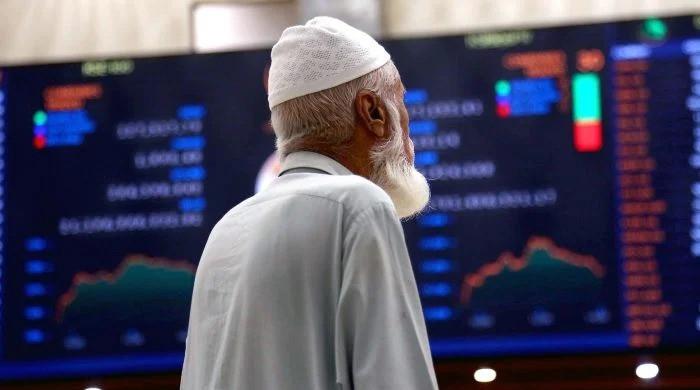Budget 2020-21: Govt to set eyes on economic recovery, target revival of growth
Pakistan's upcoming budget is expected to include a 12% rise in defence spending and will target growth of 2.3% in the fiscal year 2020-21
June 10, 2020
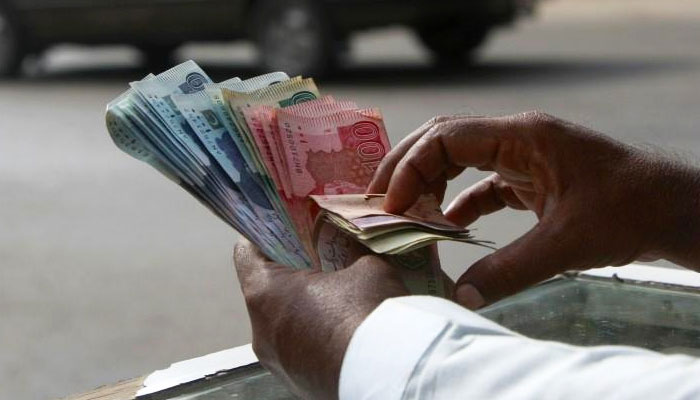
ISLAMABAD: The country's upcoming budget is expected to include a 12% rise in defence spending and will target growth of 2.3% in the fiscal year 2020-21 as Pakistan battles the coronavirus pandemic.
The government is set to present its 2020-21 budget on Friday, in a parliamentary session that only 25% of lawmakers will attend due to teh COVID-19 safety precautions.
“The GDP growth for 2020-21 is targeted at 2.3% with contributions from agriculture (2.9%), industry (0.1%) and services (2.8%),” a planning commission working paper seen by Reuters said.
That forecast is much rosier than the 0.2% contraction in 2020-21 projected by the World Bank earlier in June. The multilateral lender sees growth of -2.6% this fiscal year, ending June 30, while the government expects a 0.4% contraction.
A recent surge in COVID-19 cases has made economists sceptical about a quick recovery in the South Asian nation. PM Imran said on Monday that the outbreak was not expected to hit its peak until July or August.
The planning commission paper projects an average inflation rate of 6.5% in 2020-21, a trade deficit of 7.1% of GDP and a current account deficit of 1.6% of GDP. Exports and imports are projected to grow at 1.5% and 1.1%, respectively.
Inflation hit a decade-high of 14.56% in January.
Budget outlay
A budget strategy paper in March, just before the pandemic hit, had projected a growth rate of 3% in 2020-21.
The paper, seen by Reuters, foresaw spending of 7.6 trillion Pakistani rupees ($46.76 billion) and a fiscal deficit of 6.9% of GDP — much lower than a current finance ministry projection of over 9% for 2019-20.
Of that, Rs3.235 trillion ($19.90 billion) was earmarked for debt servicing and Rs1.402 trillion ($8.63 billion) for defence — a rise of over 12% from last year.
The March paper projected public sector development spending of 700-900 billion rupees, compared with 650 billion rupees ($4 billion) in the newer planning commission paper.
Officials say the numbers from March’s strategy paper could be tweaked slightly, although the total outlay is likely to be similar.
The National Economic Council (NEC), the top finance body, is meeting Wednesday ahead of Friday’s budget to revise the growth target downward to likely 2.1%, officials said.
Historical borrowing
Hit hard by the coronavirus and with about $10 billion in debt service costs in the coming financial year, Pakistan needs funds to stave off a balance of payments crisis, officials from the finance and economic affair division told Reuters.
“We have plans to mobilise around $14 billion in inflows,” one of the high-ranking officials said — more than Pakistan has borrowed in a single-year before.
That includes $6 billion from multilateral banks, $2 billion from last year’s International Monetary Fund (IMF) bailout package, $3 billion in Chinese commercial loan rollovers, $1.5 billion from Eurobonds, and the rest in bilateral aid and Saudi oil repayment facilitation.
The IMF money is subject to a successful review, he said.




